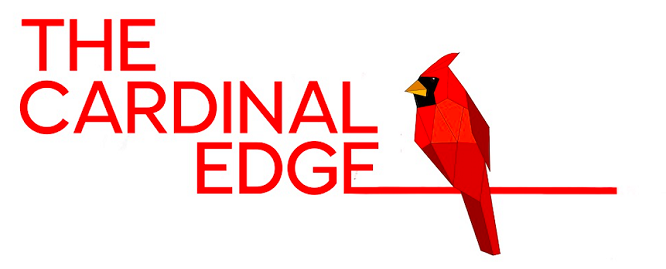
Abstract
This paper explores the potential motivations behind restaurant tipping and its effect on profit. The analysis discovers several reasons that motivate people to tip in a restaurant, including exemplary service quality, future service, and social norms. Initially, tipping was used to encourage service quality, but it shifted to become the desire to conform to the social norm. Customers aim to prevent embarrassment and unfairness that may result from not tipping or lacking empathy for the worker. A survey was conducted with 40 Louisville customers and 16 Louisville servers soliciting their opinion about their tipping behavior. The quantitative study results show that 50% of the sample is tipping to reward the excellent service, and 22.5% is tipping due to social expectations.
The paper also discusses the similarities between the Pay What You Want pricing method and tipping customs, focusing on customers' incentives to protect their self-image. The study found that the customers prefer tipping over the increase in menu price or service cost due to their desire to decide on the quality of the service they received. On the other hand, restaurant owners are incentivized to have a tipping policy to lower operational costs.
Finally, the analysis finds the profitability relationship in a monopolistic market regarding tipping. The profit comparison has determined that tips significantly affect the profitability of the monopolist firm when there are differences between the consumer segments' demand functions and their propensities to tip. This paper does not focus on the restaurants that add a fixed gratuity to the bills of large parties.
Recommended Citation
Esmaeily, Golnoush
(2021)
"The Economic Behavior of Restaurant Tipping: The Effect of Tipping on Profit,"
The Cardinal Edge: Vol. 1:
Iss.
2, Article 14.
Available at:
https://ir.library.louisville.edu/tce/vol1/iss2/14
